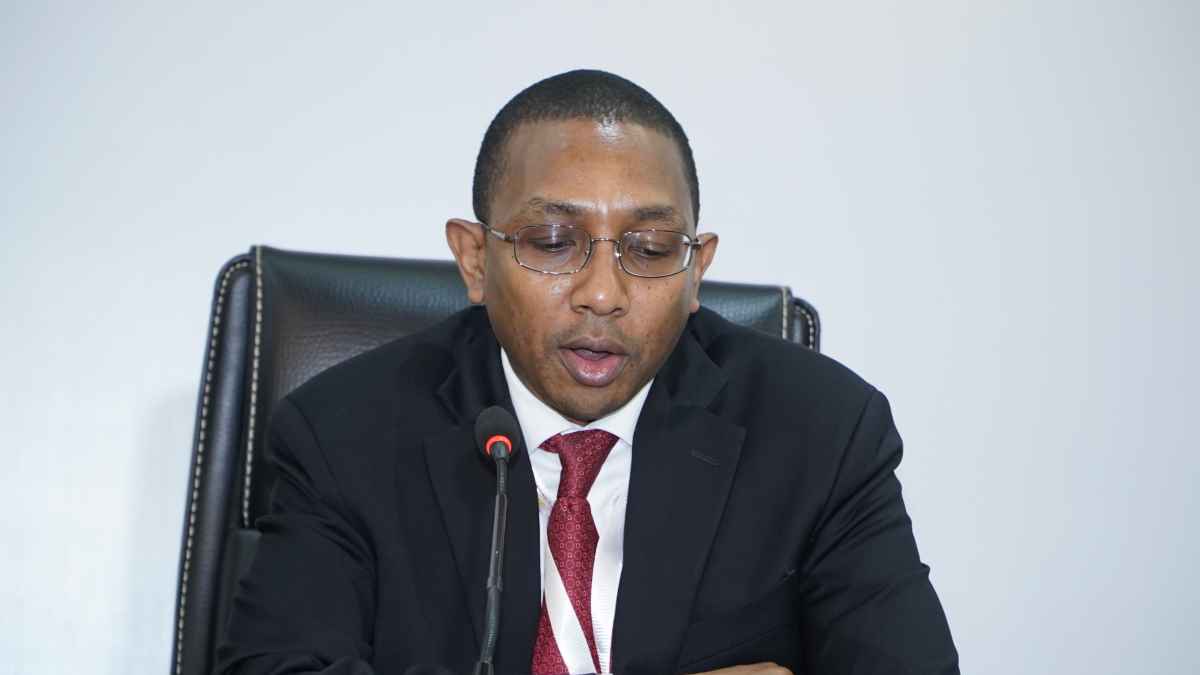Top performers not necessarily those with the biggest economies, but countries that generate high manufacturing value-added per capita
ABIDJAN, Ivory Coast, November 25, 2022/APO Group/ —
Thirty-seven of 52 African countries have become more industrialized over the past eleven years, according to a new report from the African Development Bank (www.AfDB.org), the African Union and the United Nations Industrial Development Organization (UNIDO).
The Africa Industrialization Index (AII) report provides a country-level assessment of 52 African countries’ progress across 19 key indicators. The report will enable African governments to identify comparator countries to benchmark their own industrial performance and identify best practices more effectively.
The African Development Bank, the African Union and UNIDO jointly launched the inaugural edition of the AII on the sidelines of the African Union Summit on Industrialization and Economic Diversification in Niamey, Niger.
Scoring industrialization across a range of metrics
The Index’s 19 indicators cover manufacturing performance, capital, labor, business environment, infrastructure, and macroeconomic stability. The index also ranks African countries’ industrialization across three dimensions: performance, direct determinants and indirect determinants. Direct determinants include such endowments as capital and labor and how these are deployed to drive industrial development. Indirect determinants include enabling environmental conditions such as macroeconomic stability, sound institutions and infrastructure.
South Africa maintained a very high ranking throughout the 2010-2021 period, followed closely by Morocco, which held second place as of 2022. Rounding out the top six over the period are Egypt, Tunisia, Mauritius, and Eswatini.
Abdu Mukhtar, African Development Bank Director for Industrial and Trade Development, represented the institution at the launch event. He said that while Africa had shown encouraging progress in industrialization over the 2010-2022 period, the Covid-19 pandemic and Russia’s invasion of Ukraine had set back its efforts and highlighted gaps in production systems. “The continent has a unique opportunity to sort out this dependency by further integrating and conquering its own emerging markets.”
He added: “The African Continental Free Trade Area is creating a once-in-a-lifetime single market opportunity of 1.3 billion people and total aggregate consumer and business spending of up to $4 trillion creates an opportunity to enhance their trade and production linkages and finally reap industrial competitiveness from regional integration as other regions have done.”
In the pharma sector alone, we intend to spend at least $3 billion by 2030
The African Development Bank has invested up to $8 billion over the past 5 years under its Industrialize Africa High-5 priority. “In the pharma sector alone, we intend to spend at least $3 billion by 2030,” Mukhtar said.
Building productive industry will be integral to Africa’s development, offering a path to accelerated structural transformation, creating formal jobs at scale and inclusive growth. However, Africa’s share of global manufacturing has declined to the current level of less than 2%. More proactive industrial policies are seen as critical to reversing the trend, but these are knowledge-intensive and require a detailed understanding of the constraints and opportunities that each country faces.
Manufacturing value-added more important than size of economy
Among the report’s other key findings:
- During the coverage period, Djibouti, Benin, Mozambique, Senegal, Ethiopia, Guinea Rwanda, Tanzania, Ghana, and Uganda all improved by five or more places in the rankings.
- The top performers are not necessarily those with the biggest economies, but those countries that generate high manufacturing value-added per capita, with a substantial proportion of manufacturing goods bound for export;
- North Africa remains the most advanced African region in industrial development, followed by Southern Africa, Central Africa, West Africa and East Africa.
Synergies with the African Industry Observatory
The Africa Industrialization Index was one of two new tools presented during the event. The second—and complementary— African Industry Observatory, unveiled by UNIDO and the African Union, will serve as a central online knowledge platform to collect, analyze and consolidate the quantitative data needed for qualitative analyses of national, regional and pan-continental industry trends, forecasts and comparisons.
Chiza Charles Chiumya, the African Union Commission’s Acting Director for Industry, Minerals, Entrepreneurship & Tourism, said, “These tools are going to greatly enhance our industrial policymaking as well as help to bring in the required focus that industrialization needs both from policymakers as well as the private sector, who will now clearly see where the continent has opportunities.” Chiumya was representing AU Commissioner for Trade and Industry Albert Muchanga.
“The African Industry Observatory and the Africa Industrialization Index will help consolidate cross-institutional cooperation, strengthen each institution’s policy dialogue influence for accelerating industrial development and an enhanced knowledge of industrial development dynamics,” said Victor Djemba, Chief of UNIDO’s Africa division.
The African Union Extraordinary Summit on Industrialization and Economic Diversification and African Union Extraordinary Session on the African Continental Free Trade Area are currently taking place in Niamey, Niger, through 25 November 2022. The Summit’s theme is: Industrializing Africa: Renewed Commitment towards Inclusive and Sustainable Industrialization and Economic Diversification.
Download the report in English (http://bit.ly/3OywD5M) or French (http://bit.ly/3gAropK)
Distributed by APO Group on behalf of African Development Bank Group (AfDB).


 Business3 days ago
Business3 days ago
 Energy4 days ago
Energy4 days ago
 Business4 days ago
Business4 days ago
 Energy2 days ago
Energy2 days ago
 Business4 days ago
Business4 days ago
 Business4 days ago
Business4 days ago
 Energy3 days ago
Energy3 days ago
 Energy3 days ago
Energy3 days ago












